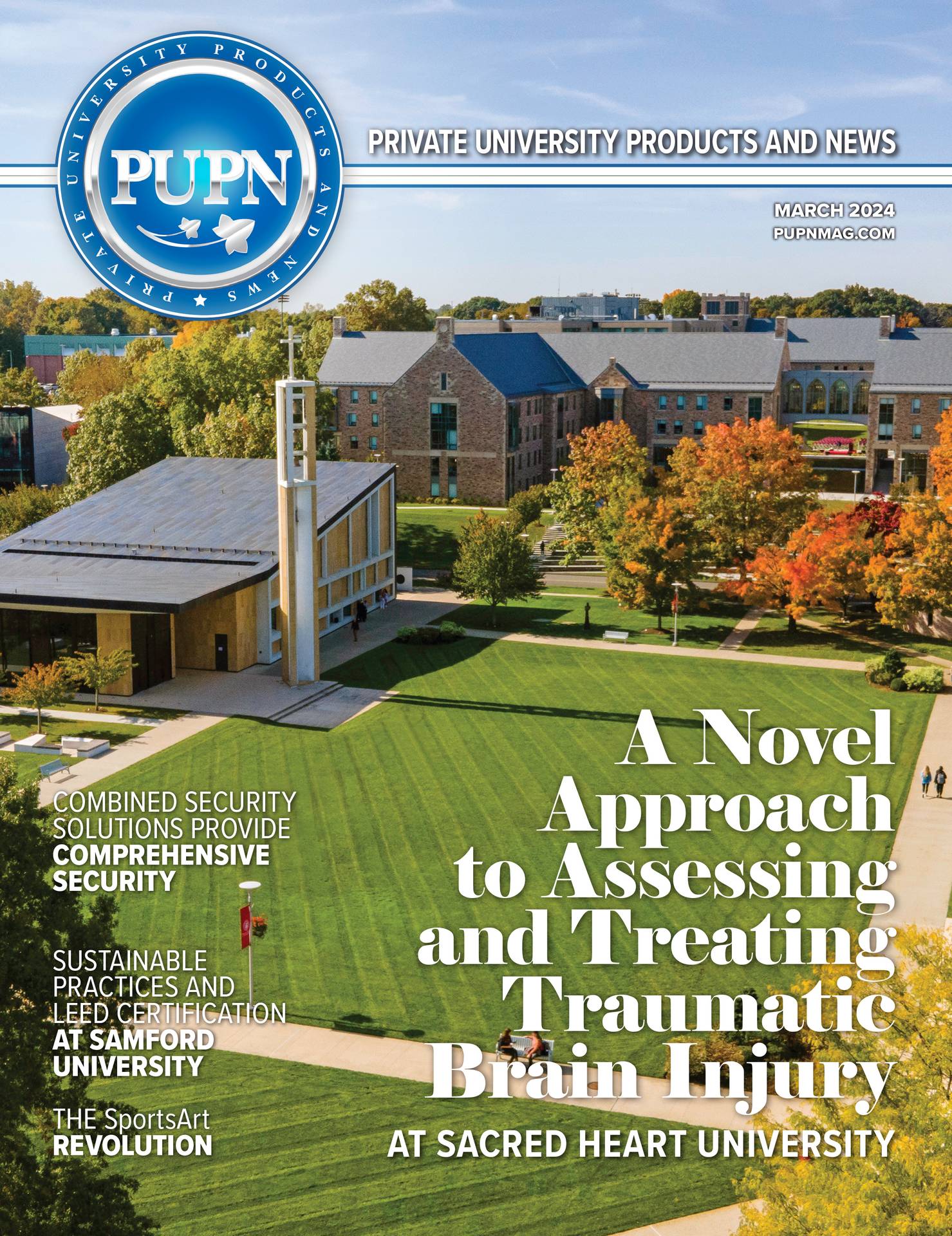Multiple studies have linked screen time before bed to short and long-term sleep deprivation, and there is increasing evidence in support of the correlation between digital multitasking and declining attention spans.
A recent study by Microsoft found that the average human attention span has fallen from 12 seconds in 2000 (or around the time smartphones hit the consumer market) to 8 seconds today. In comparison, scientists believe that the goldfish has an attention span of 9 seconds. Our students are constantly bombarded by texts, tweets, push notifications, ads, emails, and more. They are understandably hooked on all the stimuli, and they crave more and more new information. In the classroom, this translates to students being distracted by their personalized electronic devices, preoccupied with whatever they may be missing.
For educators, the task of holding students’ attention is a complicated one, one no doubt exacerbated by the ubiquity of mobile devices. The concern that students are not engaged in classroom lessons is as pressing as ever, and some educators have adopted a zero-tolerance policy in which students are banned—unless they have specific learning accommodations—from using smartphones, tablets, or laptops during class. Other educators have adopted a different approach, one based on the belief that personalized electronic devices are an asset and can therefore enhance student engagement and learning.
A Hindrance to Learning?
The primary reason some educators ban the use of mobile devices in the classroom is the distraction factor. Research on student use of laptops in class (both self-reported studies and studies that monitored internet use by students) have shown that when students access the web during class, they may be accessing class-related information—but they may also be using social media, chatting, reading email, shopping, sharing photos, watching videos, or even working on assignments for other courses.
Students who try to multitask using laptops or other personalized devices may learn less and have lower test scores than those who do not. Research also shows that even when students use laptops solely for taking notes, they may learn less than if they take notes by hand (a counterargument is that it is not the method of notetaking but rather how the student reviews notes afterwards). Worse still, a student distracted by a laptop may also be distracting students in close proximity, particularly if the screen is visible—indeed, you may have experienced this for yourself while attending a lecture when a colleague nearby is working on their laptop.
Another potential downside, and it is one reflective of the long-term effects of excessive screen time, is the disconnect that may occur between students. Studies have posited a correlation between social anxiety and excessive screen time, suggesting that in-person communication can become uncomfortable or even overwhelming for those who spend the majority of each day on a personalized device. (For one such study, see Turgeman et al, “Studies on the Relationship between Social Anxiety and Excessive Smartphone Use and on the Effects of Abstinence and Sensation Seeking on Excessive Smartphone Use”.) A student who already suffers from social anxiety could find that his or her condition is exacerbated by excessive screen time, which then makes in-class collaboration, group work, and so on, all the more stressful.
Students as Technology Natives
The risk in prohibiting in-class use of mobile devices is precisely that technology has become second nature to students. Students are technology natives—they have grown up with it and incorporate it into almost every aspect of their lives, and to prohibit technology is to deny students access to ancillary aids they can use to navigate, collect, and synthesize information. Moreover, students want streamlined organization. Mobile devices provide a range of features that can aid students with organization, those such as notetaking applications, calendars, and virtual sticky notes, all of which can help students stay more organized by keeping their information centralized and connected between devices. Students can find what works for them and tailor their devices for more effective performance.
When technology is integrated into lessons, it provides different opportunities to make learning more enjoyable in terms of interacting with information in new and engaging ways—a few examples include delivering teaching through gamification, taking students on virtual field trips, and using other online teaching resources. Further, technology can encourage a more active participation in the learning process, which can be challenging to achieve in a traditional lecture setting. Even the commonplace experience of accessing the Internet can elevate in-class discussion, since students can use the web to locate more information about a topic while it is being discussed. Mobile devices can help to encourage active participation in the classroom as well, and this facilitates knowledge retention. Students can practice collaboration skills by getting involved in different online activities, thereby fostering collaboration on forums or by sharing documents within virtual learning environments—and because students each possess different abilities and learning styles, mobile technology also allows for more democratic learning experiences, those which allow students to learn at their own pace, review difficult concepts or to skip ahead if needed.
By embracing mobile devices in the classroom, students can develop essential skills that prepare them for future careers. Modern learning demands collaboration with others, the capacity to solve complex problems, critical thinking, developing different forms of communication and leadership skills, and improving motivation and productivity. Similarly, mobile devices and their respective technologies can help develop many practical skills, including creating presentations, learning to differentiate reliable from unreliable sources on the Internet, maintaining proper online etiquette, and addressing different rhetorical situations. These are all crucial skills that can be developed in the classroom.
For educators, countless online resources represent a means to improve upon in-class methodologies and to reach students with different learning styles. Educators can use different apps or trusted online resources to enhance traditional teaching methods while engaging more students. Virtual lesson plans, grading software, and online assessments save educators time that they may lack in their professional or personal lives. Moreover, virtual learning environments can enhance collaboration and the sharing of knowledge between educators, which only strengthens the entire education community. And finally, because digital information is easily saved for personalized access, it eliminates the need for printing physical copies—an added benefit that aligns with higher education institutions’ commitment to promoting sustainability on campus.
Wider and Deeper Learning Experiences
Educators are understandably concerned that students who are allowed to access mobile devices during class will abuse that privilege. Indeed, some will play on social media, watch Netflix, work on assignments for other classes—and this will be a source of genuine frustration, one that will never entirely disappear. But the benefits of using technology in the classroom are too great and wide-ranging to abandon. In the end, administrators and educators alike want what is best for students, and mobile devices make possible wider and deeper learning experiences.










